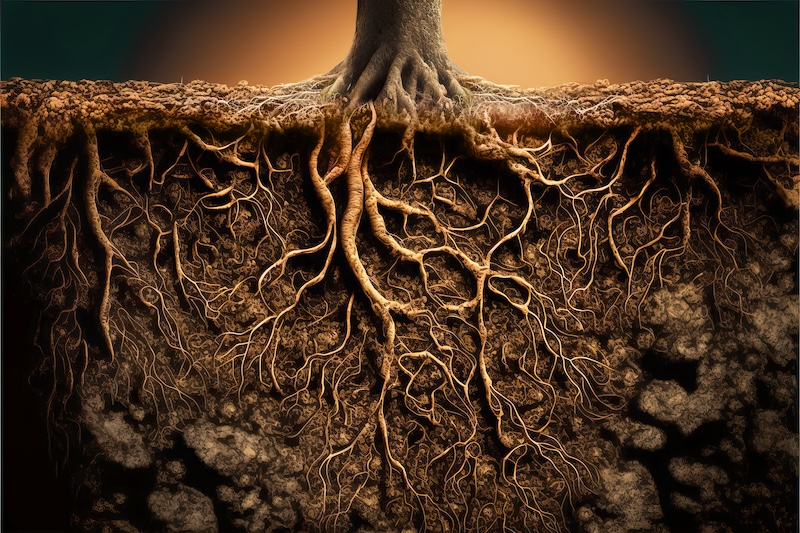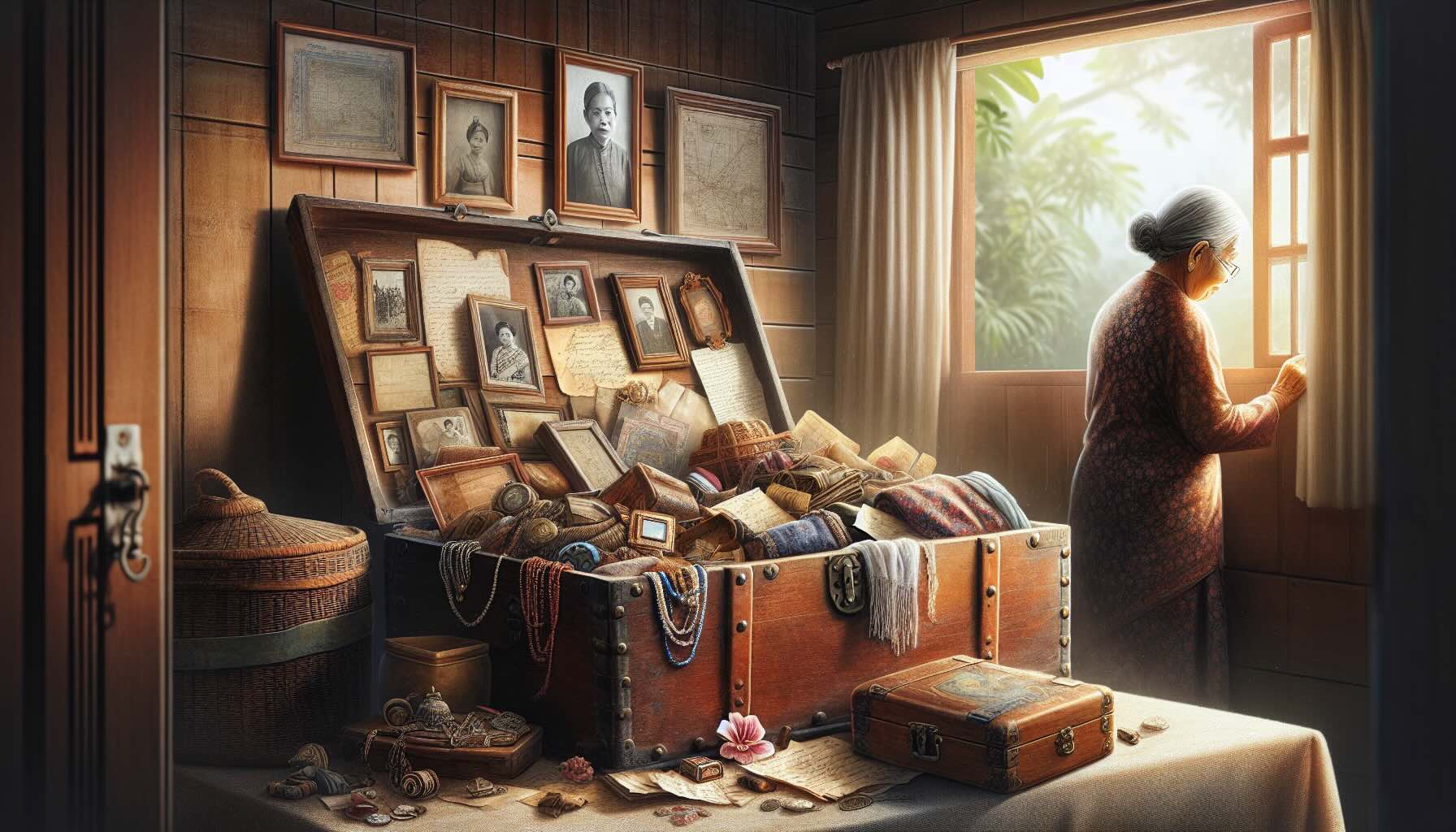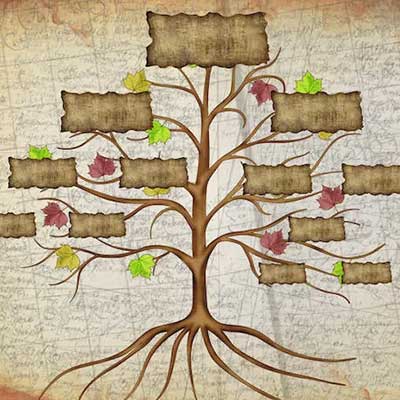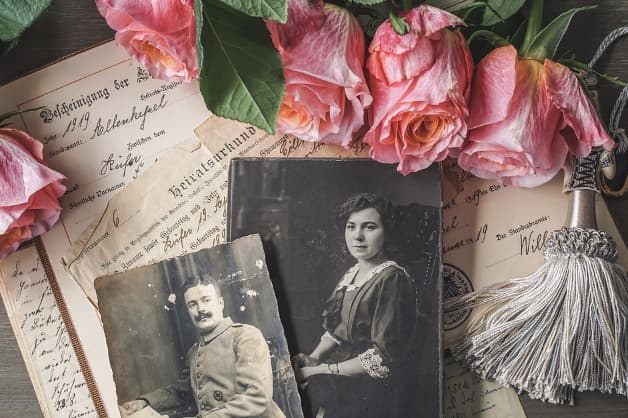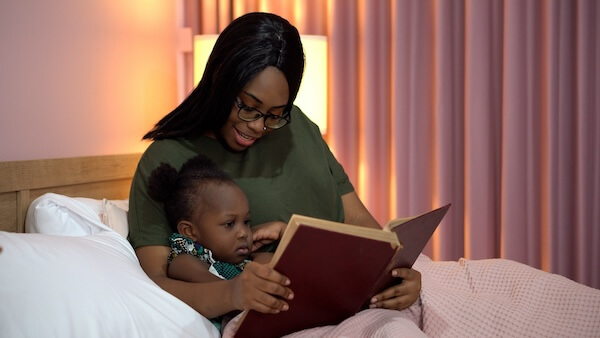- Home
- Conducting A Family History Interview
- Interview Tips
7 Interview Tips
Interview Tips: Preserve and Capture Your Ancestral Stories
Here are 7 interview tips on preserving in capturing your ancestral stories. Preserving your family’s history is a priceless gift that connects you to your roots and helps future generations understand their heritage. Conducting family history interviews is a beautiful way to capture the stories, memories, and experiences of your loved ones. However, having the right tools and techniques to record these valuable interviews effectively would be best. This blog post will provide essential recording tips to help you preserve and document your family’s oral history for years.
1. Invest in Quality Recording Equipment
When it comes to recording family history interviews, investing in high-quality recording equipment is essential. Consider using a digital voice recorder or a smartphone with a reliable microphone. Look for devices with clear audio capture, noise reduction capabilities, and adjustable recording settings. Quality equipment ensures that you capture the interviews with clarity and precision.
2. Choose a Quiet and Comfortable Environment

To create an optimal recording environment, choose a quiet and comfortable space where you and your interviewee can have a meaningful conversation without distractions. Avoid noisy areas or places with excessive background sounds that can interfere with the audio quality. It’s also essential to ensure that everyone involved feels comfortable and relaxed, as this will enhance the authenticity and depth of the stories shared.
3. Test and Adjust Recording Settings
Before starting the interview:
- Take a moment to test and adjust your recording settings.
- Check the microphone sensitivity to ensure that it captures clear voices without distortion.
- Adjust the volume levels to avoid clipping or distortion caused by loud voices.
Conducting a quick test recording and listening to it will help you make necessary adjustments and ensure optimal audio quality throughout the interview.
4. Use External Microphones or Headsets

Consider using external microphones or headsets during family history interviews for improved audio quality. These accessories help reduce background noise and focus on capturing the interviewees’ voices more effectively.
External microphones or headsets also provide a convenient way to position the microphone closer to the interviewee’s mouth, resulting in more precise and distinct audio.
5. Prepare Thought-Provoking Questions
Please make the most out of your family history interviews; preparing thoughtful and open-ended questions is crucial. These questions should encourage interviewees to share personal stories, memories, and insights. By asking questions that evoke emotions and spark memories, you’ll capture more detailed and engaging narratives that enrich your family’s oral history.
6. Active Listening and Follow-Up Questions
During the interview, actively listen to your interviewees and show genuine interest in their stories. This will create a comfortable and supportive environment, encouraging them to open up and share more. Also, could you ask follow-up questions to delve deeper into specific topics or to clarify details? Active listening and follow-up questions ensure you capture comprehensive and accurate information during the interview.
7. Respect Privacy and Obtain Consent
It’s essential to respect the privacy of your interviewees and obtain their Consent before recording. Explain the purpose of the interview, how the recordings will be used, and ensure that they feel comfortable with the process. Obtaining Consent demonstrates your commitment to ethical practices and confirms that everyone involved understands and agrees to the recording and preserving of their stories.
Summary
The article provides 7 tips for effectively conducting interviews to preserve and capture ancestral stories, emphasizing the importance of this practice for connecting with one's heritage and educating future generations.
1. Quality Recording Equipment: Investing in high-quality recording devices like digital voice recorders or smartphones with reliable microphones is crucial for capturing clear audio.
2. Quiet and Comfortable Environment: Choose a space free from distractions and noise to ensure you and the interviewee are comfortable, enhancing the authenticity of the shared stories.
3. Test Recording Settings: Before starting, test and adjust microphone sensitivity and volume levels to ensure optimal audio quality.
4. Use External Microphones or Headsets: These accessories improve audio quality by reducing background noise and allowing for better voice capture.
5. Prepare Thought-Provoking Questions: Craft open-ended questions that encourage the sharing of personal stories, memories, and insights, enriching the oral history.
6. Active Listening and Follow-Up Questions: Listen attentively and ask follow-up questions to delve deeper into topics, ensuring a comprehensive and accurate account.
7. Respect Privacy and Obtain Consent: Always get the interviewee's consent before recording, explaining how the recordings will be used, to adhere to ethical practices.
Preserving your family’s oral history through interviews is a remarkable way to document and share the unique stories and experiences that make up your heritage. By following these family history interview tips, you’ll be equipped to capture clear and meaningful recordings that will become cherished keepsakes for generations. Remember, investing in quality recording equipment, choosing a suitable environment, and preparing thoughtful questions are crucial to capturing the essence of your family’s history. Start conducting your family history interviews today and embark on a journey of discovery that will connect you with your roots and preserve your family’s legacy for the future. I hope these interview tips bring you much success with your interviews.




